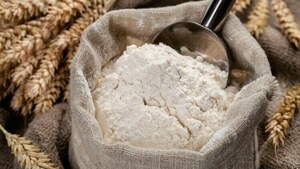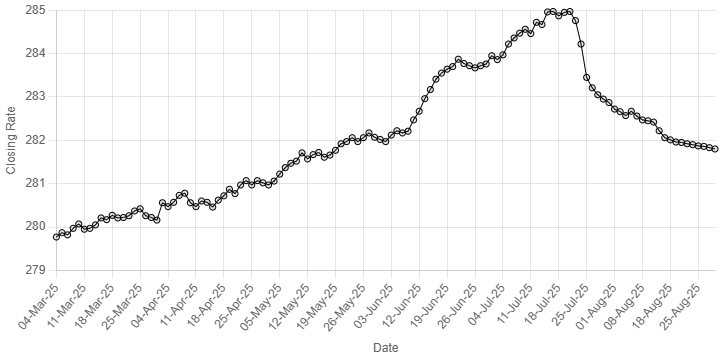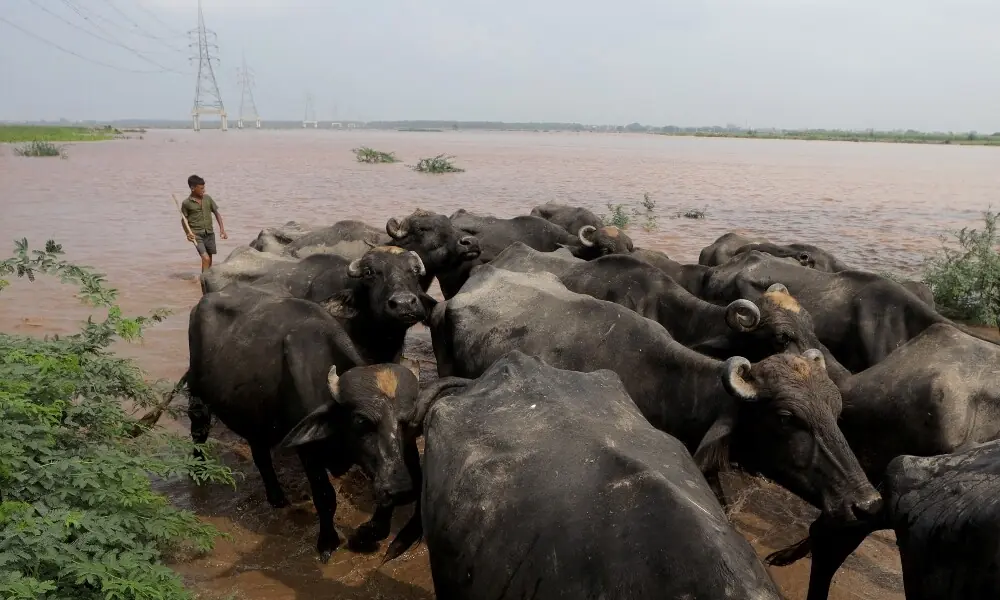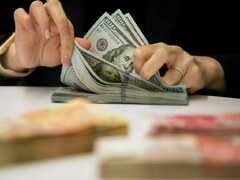Russia is still blocking plant and vegetable exports from five EU countries, with no guarantee that trade will resume soon despite this week's deal to avoid a ban across the EU, officials said on Wednesday. Europe and Russia agreed late on Tuesday to avoid Moscow's threat of a blockade of all EU plant and vegetable exports that would have hit some 800 million euros in annual trade. The bulk of this is represented by cut flowers from the Netherlands.
European Commission negotiators involved in the tortuous sessions on developing a common European safety certificate for plant exports, to replace 25 different national versions, said Moscow had not included lifting its bilateral bans in the deal.
Long before the wider EU deal was struck, Russia slapped bans on imports of specific plant and plant products from four countries - Denmark, Estonia, Germany and the Netherlands - saying it had detected a pest called western flower thrips.
These are small insects that feed on leaves and buds, attacking crops in fields and greenhouses. They pose particular problems for crops such as tomatoes, peppers and cotton - and can devastate ornamental flowers like roses and chysanthemums.
While Russia lifted its ban on Dutch flowers last month, other products are still blocked. Belgium was hit with a similar export ban last weekend.
"The Commission hopes that this agreement will contribute to resolving the bilateral bans that are in place," said Philip Tod, the Commission's spokesman for health and food safety.
Russia, which had threatened a ban on all EU imports of plant and plant products from April 1 if it did not get its way, had also indicated it might block plant exports from Poland and Lithuania - but this has not happened so far.
BR100
15,085
Increased By
112.5 (0.75%)
BR30
44,012
Increased By
987.7 (2.3%)
KSE100
148,618
Increased By
1274.3 (0.86%)
KSE30
45,248
Increased By
370.7 (0.83%)





















Comments
Comments are closed.